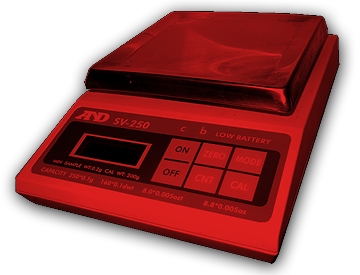Comparing Electric Cars to Gasoline-Powered Cars
I've been trying to think of a way to completely summarize the prospect of owning an electric car.
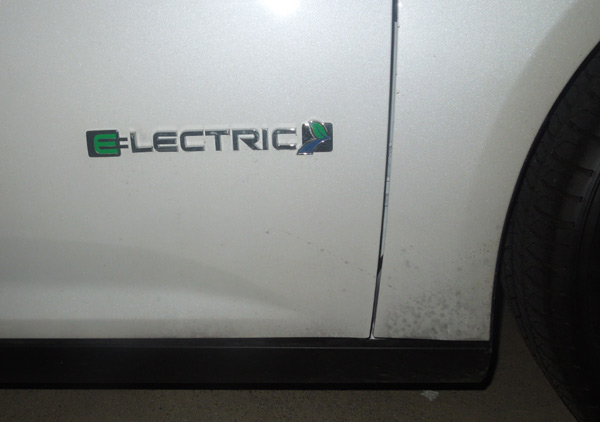
The fuel is cheaper.
Gasoline is $3.70 per gallon. Electricity is $1.08 for 9 Kilowatt/hours. Both will get you about 27 miles.
Another way to think of it is that the electric car travels about 3.5 times as far for the same money.
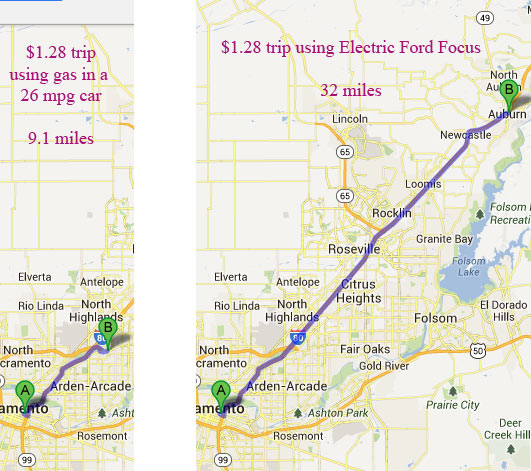
I probably spend more money driving to lunch in my car that I would driving to work in an electric one.
The car can't hold a lot of fuel.
A Ford Focus electric can only hold enough electricity to travel 80 miles. That's similar to a gas-powered car with a three gallon tank.
The Tesla cars have gigantic batteries which give them much longer ranges, up to 300 miles.
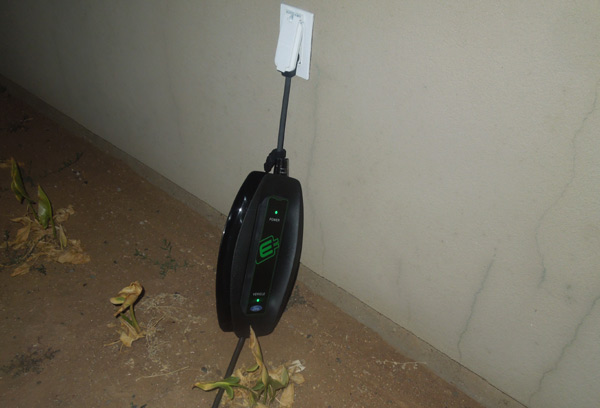
There aren't any gas cans.
An electric car will let you know how much electricity you have and how many more miles you can go with that electricity. If you ignore this information, and run out of fuel on the freeway, empty, you are kind of screwed. You'll have to walk to a Home Depot and get a Honda Generator.
The Chevy Volt and Ford Energi cars have a gas-powered generator on board, giving them unlimited range.
There aren't a lot of electricity stations, but electricity is everywhere.
Electricity is like hot water. Hot water is widely available, but it can actually be hard to get your hands on if you are away from home. Electricity isn't generally sold at stores.
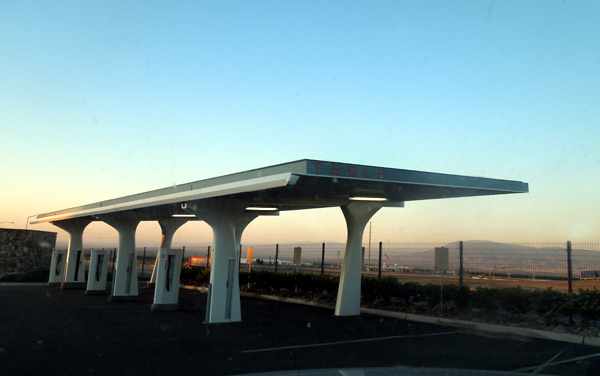
The Tesla electric car company has a few "Supercharger" charge stations set up in California. This one is just north of the Grapevine on I-5.
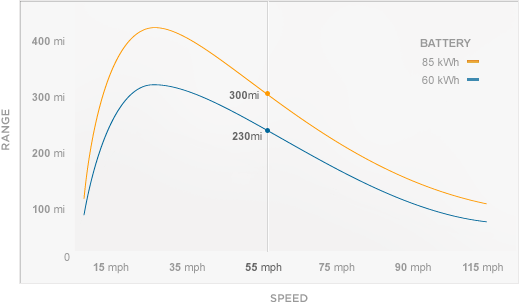
City driving uses less fuel than highway driving.
The motors in electric cars are all probably most efficient at very low speeds, such as 25 miles per hour. Above is a graph I stole from Tesla's website showing peak range at about 22 miles per hour. City driving requires more stops, but every modern electric car uses regenerative braking and there is no cost to idle at a stoplight in an electric car.
The Chevy Volt has an option to "reserve" your battery charge for city driving, if, for example, you drive first on the open freeway, then in traffic on your way to work.
When you are filling up, the fuel flows into your car slowly.
Gas pumps at a gas station are amazing. They can dispense 400 gallons in one hour. Unfortunately, that will cost $1,500.
This is a big difference with electric cars, probably the deal breaker for most people. The batteries of an electric car can't be filled up in 5 minutes like a gas-powered car. Scott's Ford Focus requires 20 hours to fuel completely, and the Nissan Leaf takes even longer. A gallon of gasoline is approximately equivalent to 9 Kilowatts/hours, in that both will drive you 27 miles. With an electric car, it will take 7 hours of "regular outlet" charging to get that power into your battery. One gallon in seven hours is equivalent to gasoline dripping into a car very slowly. Drip. Pause, Drip, Pause, Drip. Like one DROP every two seconds.
(http://www.popsci.com/diy/gallery/2009-01/popeyed-guide-water-flow-rates)

Imagine fueling your car at that speed. Luckily it can happen unattended in your own garage, and more luckily, a whole night of charging will only cost $2.
A 240V charger will make the process faster.
The Tesla "Supercharger" stations can mostly refuel a Tesla in 20 minutes. If I try to extend the dripping fuel analogy, that would be like a gasoline showerhead spraying into your Tesla tank.
SummaryElectric cars are finally actually coming. They are super-efficient, and use an abundant, mostly home-grown energy source. An increased use of electric cars is going to slow demand for gasoline and put downward pressure on the price of gas for the rest of us.
Even if electric cars aren't right for you, that should be enough to make you a fan.
http://www.teslamotors.com/goelectric#
Cockeyed home page | Contact | Terms and Conditions | Updated June 18, 2013 Copyright 2013 Cockeyed.com


